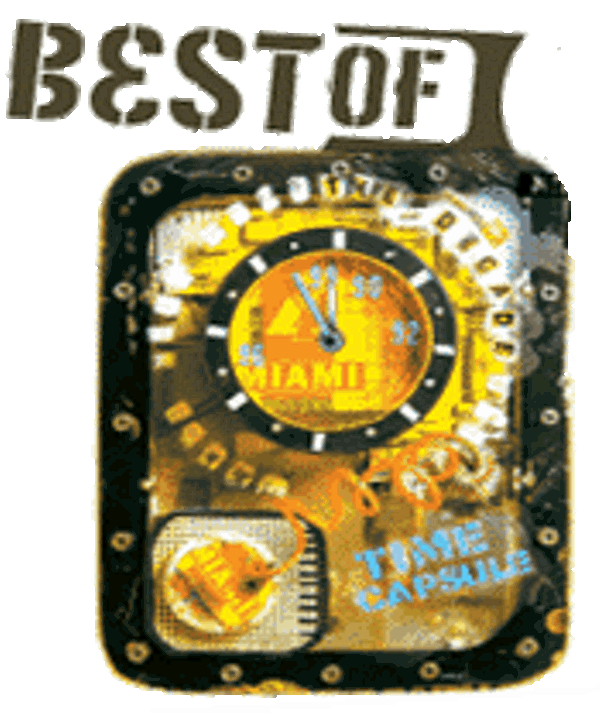Best Tv Station
WPLG-TV (Channel 10)
Best Local Writer
Richard Blanco
Best Urban Garden
Miami Beach Botanical Garden
Best Bum Rap
Blaming fans for Jimmy Johnson's "retirement"
Best Film Festival
Fort Lauderdale International Film Festival
Spawned at Cannes and reinvigorated by Sundance, film fests now number in the thousands. Besides gathering together cineastes and celebrating the medium, these events should provide the opportunity for ordinary Joes and Janes to see films inspired by artistic vision rather than by test screenings, tracking indicators, and gross-after-negative point returns. The Miami Film Festival falls short by drawing heavily on movies that are either corporate releases or prize winners from other festivals, and by overloading its schedule with Latin fare.
The much less calculated Fort Lauderdale event follows a populist policy, disregarding potential carping by critics and taking an aggressive approach. Films shouldn't be made for critics, and growth maintenance may be good for events, but it's not good for filmgoers. FLIFF's Gregory von Hausch has defined his event's mission as giving opportunity to young filmmakers and bringing films to South Florida that would not otherwise show here. At this past fall's FLIFF, one-third (43 out of 120) of the movies were by first-time directors. Features were acquired from Iran, Austria, the Czech Republic, Denmark, Finland, France, Germany, Ireland, Italy, Luxembourg, the Netherlands, Spain, the United Kingdom, and Algeria, as well as North and South America. FLIFF also has reached out with sidebar events, called minifests, in Miami, Hollywood, and Boca.
Best Place To Schvitz With Strangers
Russian and Turkish baths
Best Private Art Collection Open To The Public
The Rubell Family Collection
Best Boxing Figure To Die In The Past Year
Chris Dundee
Best Fm Radio Personality
Al B. Sylk
Best Spanish-Language Radio Personality
Pedro Sevcec





